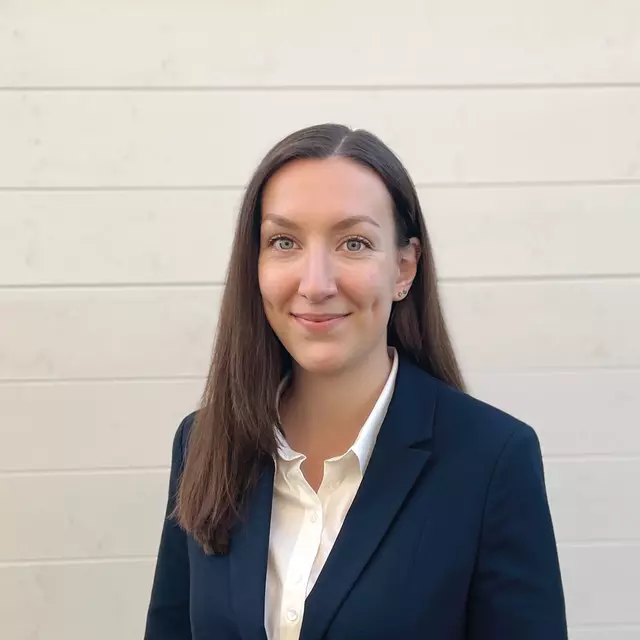We do nothing halfway
We have been reducing our carbon footprint at our sites around the world for years. Last year, the independent rating agency ISS ESG awarded us a premium rating of B-. This makes us one of the three best-rated companies worldwide in the area of sustainability within the plant and mechanical engineering sector. At the same time, we have a strong focus on diversity and social justice and take responsibility in the regions.
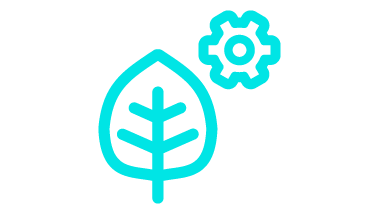

Strong focus on CO2 reduction
For years we have been significantly reducing our CO2 footprint
Top ESG ranking
The independent rating agency ISS ESG ranks us among the top three machinery and equipment companies worldwide in the area of sustainability.
Transparent action
We publish a comprehensive sustainability report every year.
Savings of 45% waste, 57% water and 49% energy in relation to sales since 2012
Back in 2012, we set for ourselves these ambitious targets that have been successfully achieved. In the future, we will continue to optimize the sustainability of our own activities.
Social justice and diversity
Strongly committed to social justice and diversity.
Continuous improvement
We are expanding our photovoltaic systems worldwide, relying on renewable energies and increasing energy efficiency at our locations.

ISS ESG premium rating in sustainability
Based on over 100 criteria, the Voith Group's performance in the areas of environment, social affairs and corporate governance was rated as above average. This makes us one of the three best-rated machinery and equipment companies worldwide in the area of sustainability.
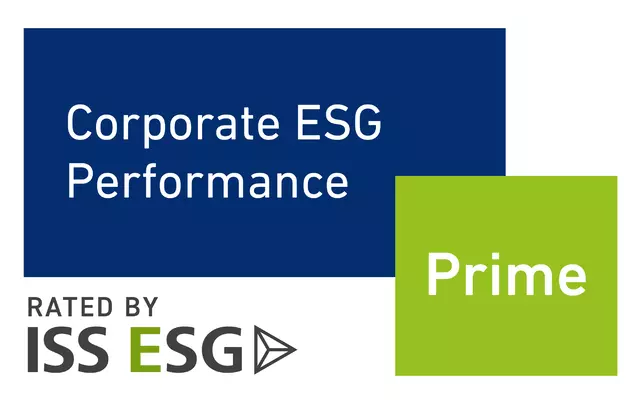
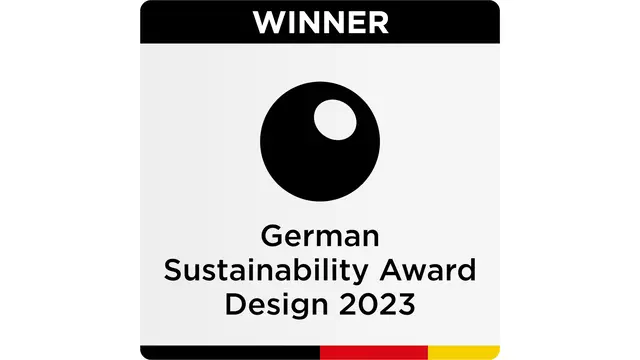
Voith Paper's XcelLine paper machines won the third German Sustainability Award (DNP) in the Design competition, Vision category. Already today, Voith's XcelLine paper machines are characterized by significantly reduced energy consumption, increased utilization of the paper fiber's potential, and significantly reduced water consumption. Voith Paper's visionary design study for the paper production of the future strives for CO2-neutral paper production that relies on alternative energy sources and does not require fossil fuels.
Proven success: We make our actions transparent
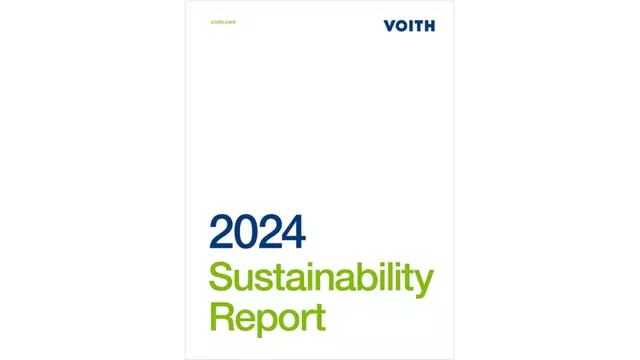
With this new sustainability report we are once again making our actions transparent. After all, our stakeholders decide whether our sustainability measures are successful: Their assessment forms the benchmark for our actions, as this reflects the effectiveness of our activities in the respective fields of action.
Reaching the goal together: Commitment of our worldwide sites
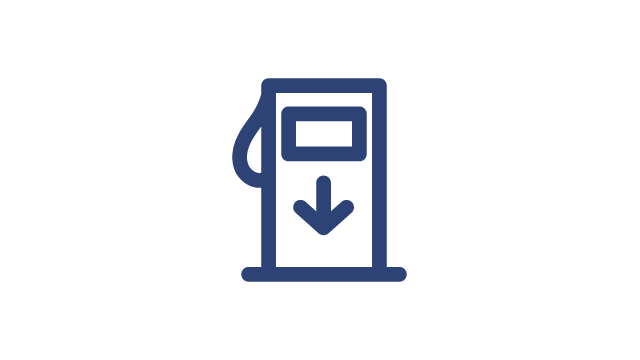
- Expansion of photovoltaics
- Heat recovery
- LED
- Production process adaptation
- Conversion to e-vehicles + e-filling stations

- Conversion of internal processes with the aim of reducing waste
- Pilots for reprocessing of yarns and recycling of materials within the screen manufacturing process
- Pilots for reuse and/or recycling of transport boxes (wood) and steel pipes

- Optimization of the production process, resulting in lower water consumption less cleaning work
- Optimization water pipes & sanitary facilities
Discover one of our new photovoltaic plants in Tolosa, Spain

Voith Paper Newsletter
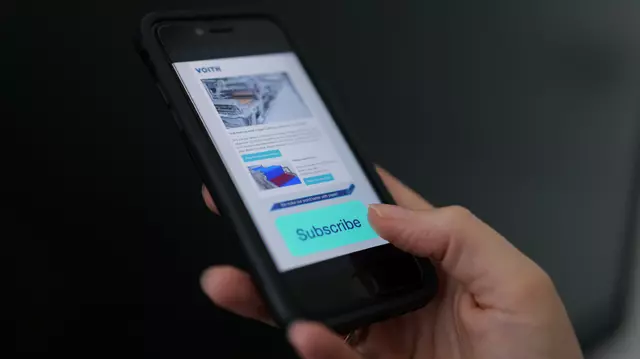
Always get the latest updates on new products and services, projects, campaigns and success stories as well as upcoming exhibitions and conferences – straight to your inbox.
















